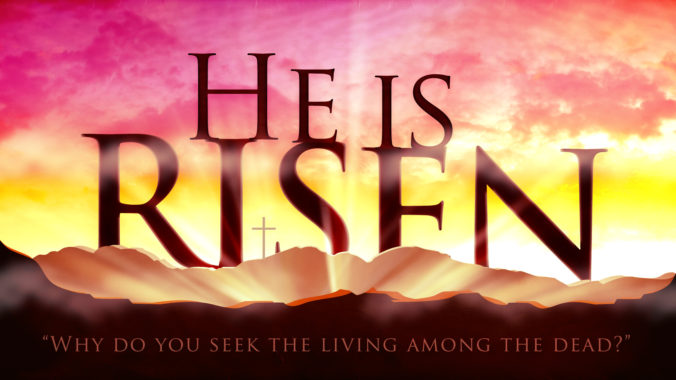Two weeks ago I attended the Faithfulness in Service Conference, a once-every-three-years conference, compulsory for all workers in the Anglican Church in Sydney. We were encouraged to trust Christ, look after ourselves and build resilience to deal with the stresses of ministry. We were also hit with some very confronting facts about Domestic Violence in Australia and challenged to do our bit to care for and protect women and to raise awareness about the scourge of domestic violence in our community and in our Church.
The reality is 1 in 5 Australian women will be the victims of some form of domestic violence in their lifetime. On average 2 women per week are killed by an intimate partner in Australia. The NSW police respond to around 400 incidents relating to domestic violence every single day. It is probably the most prevalent issue they are called upon to deal with.
Sometimes men don’t realise they are doing anything wrong because controlling and violent behaviour to women is what they’ve grown up with. For the same reason, some women don’t realise the way they are being treated is wrong. But it is not right. The biblical command to men is to love their wives by leading them in Christ and being willing to lay down their lives for their wives, never to control them and certainly never to manipulate or be physically violent with them. Let’s aim for our Church to be a safe place, where women are protected and safe, and where young men and women can learn to respect one another and relate in healthy and godly ways. If you need to talk about your own safety or your own behaviour, or someone you care about regarding these matters – please don’t hesitate to get in touch.
The Daisy app is a great way of connecting women with a wide range of helpful services to provide help and keep them safe. Click the link to find out more and download to your phone.










